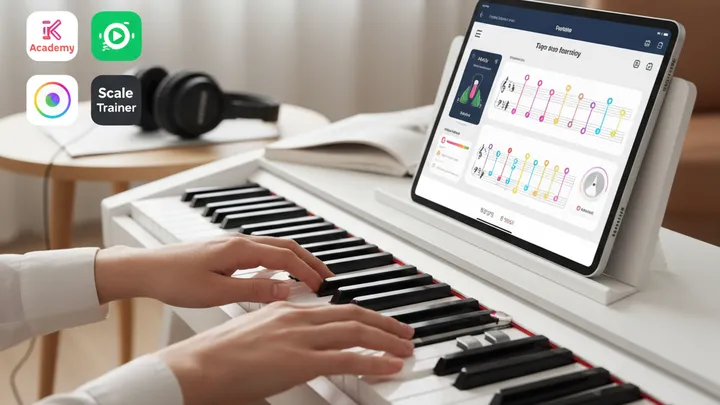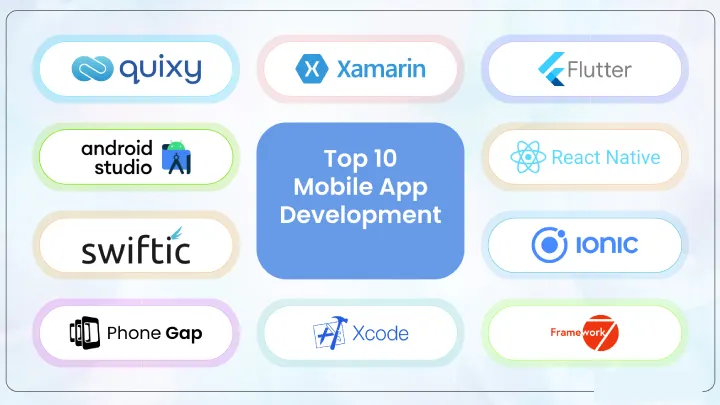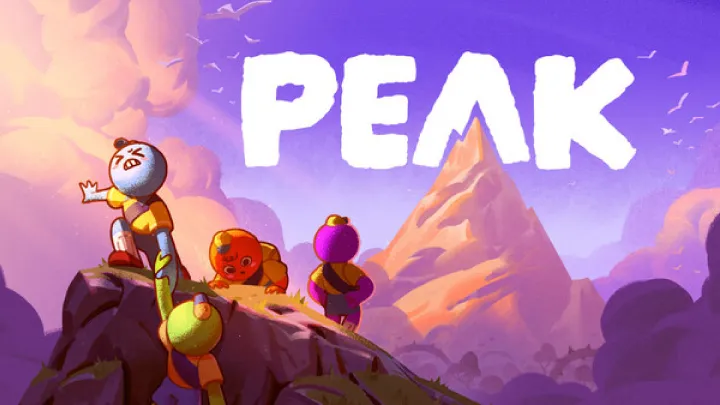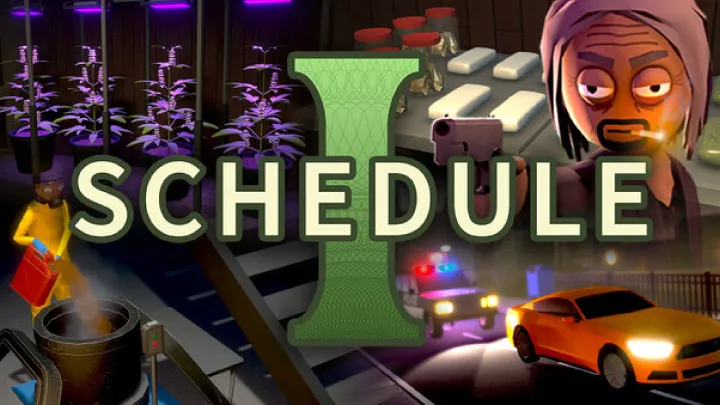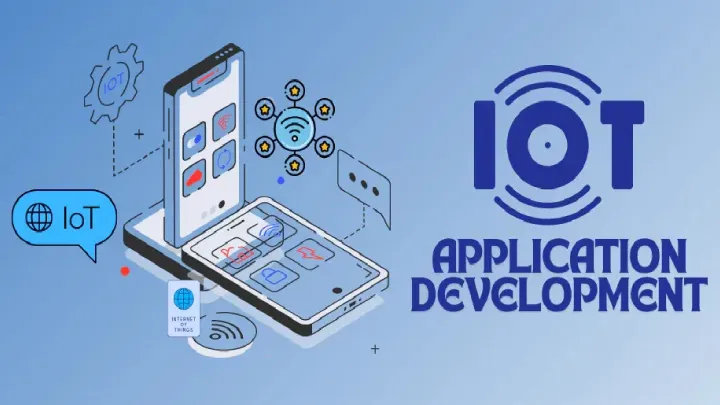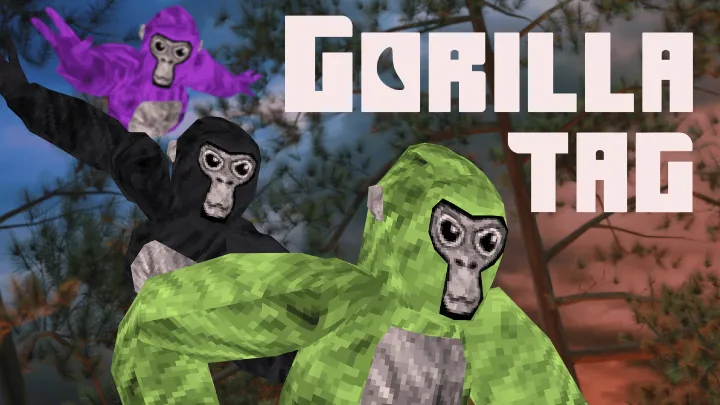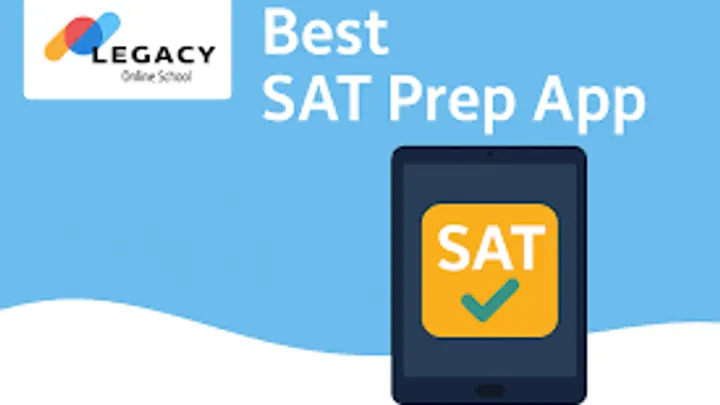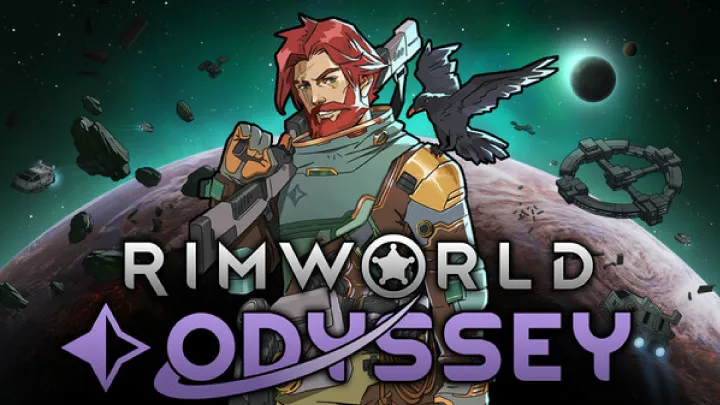Introduction
Virtual Reality (VR) development crafts immersive 3D worlds using spatial computing, hand tracking, and haptics, a burgeoning field in 2025 where VR adoption surges 35% in enterprise training per IDC reports, powering simulations at companies like Meta and HTC. Mobile apps make exploration hands-on with XR previews, code editors, and headset emulators, enabling gaze interactions or controller mappings during ideation without a full VR rig. This review curates the top 6 apps for VR education, selected from 2025 app store ratings, VR dev forums, and insights from sources like Unity Learn and Oculus Developer. Each app details features, strengths, and weaknesses (as tailored paragraphs), with an overall evaluation without scores. From novices building simple scenes to pros optimizing locomotion, these iOS- and Android-optimized platforms provide over 2000 words of immersive guidance to VR your development anywhere.
1. Unity XR Interaction Toolkit
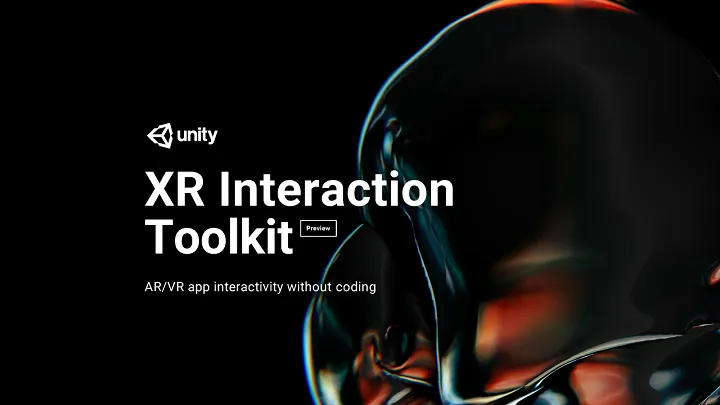
Overview: Unity's XR app companion teaches VR development with Interaction Toolkit, covering ray interactor and locomotion systems through guided projects.
Strengths: Interactive labs build VR interactions like grabbing objects with hand poses, previewing on-device without headsets. Free with offline tutorials, supports Oculus and OpenXR. Community assets share shaders for spatial audio, updates for 2025's XR Grab Interactable. Integrates Playmaker for visual scripting.
Weaknesses: Requires Unity Hub for exports, mobile previews lag complex scenes. Focused Unity, light on native SDKs.
Overall Evaluation: Unity XR immerses VR interactions in-engine, ideal Unity devs, though exports tie to desktop.
2. Oculus Developer Hub Mobile
Overview: Oculus' app facilitates Quest VR development with ADB tools, scene previews, and scripting for hand tracking and passthrough.
Strengths: On-device debugging tests guardian bounds, free with offline samples for body anchors. Tutorials guide from OVRCameraRig to spatial anchors, community forums debug foveated rendering. Supports ASW for motion smoothing.
Weaknesses: Oculus-locked, no cross-platform, setup needs Quest link. Mobile previews secondary to desktop.
Overall Evaluation: Oculus Hub debugs Quest VR natively, suiting Meta devs, ecosystem narrows.
3. ARCore by Google (VR Extensions)
Overview: Google's ARCore app extends to VR with Sceneform for Android VR, covering environmental depth and hand meshes.
Strengths: Depth API previews occlusion, free with offline guides for XR interactions. Samples integrate Filament for rendering, community extensions for ML Kit. Supports Daydream legacy.
Weaknesses: Android-locked, light VR over AR, mobile samples basic without Studio.
Overall Evaluation: ARCore extends VR depth practically, great Google users, platform limits.
4. SideQuest VR
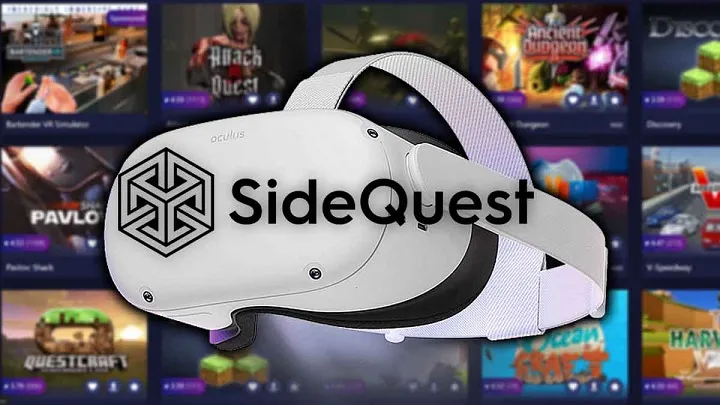
Overview: SideQuest's app curates VR dev tools for Quest, with sideloading, scripting, and community mods for custom interactions.
Strengths: Sideloads APKs for testing, free with offline mod manager. Tutorials hand tracking, community shares locomotion scripts. Supports ADB wireless.
Weaknesses: Quest-focused, no iOS, mobile manager secondary. Setup needs developer mode.
Overall Evaluation: SideQuest mods VR development collaboratively, Quest pros ideal, scope narrows.
5. A-Frame by Mozilla
Overview: A-Frame's mobile app builds web VR with HTML entities for scenes and interactions, previewing in browsers.
Strengths: Web-based no installs, free open-source with offline editor. Tutorials gaze controls, community components for physics. Supports WebXR.
Weaknesses: WebVR perf trails native, mobile browser quirks. No headset sim.
Overall Evaluation: A-Frame webs VR accessibly, cross-browser great, perf native trails.
6. Zappar VR
Overview: Zappar's app creates VR experiences with SLAM and spatial markers for web and native.
Strengths: Studio previews on-device, free basics with offline exports. Tutorials 6DoF tracking, community assets share. Supports glTF models.
Weaknesses: Web-focused light native, mobile studio secondary. Free limits publishes.
Overall Evaluation: Zappar tracks VR intuitively, versatile creators, publishes gate.
Conclusion
Exploring Virtual Reality development on mobile immerses 2025's spatial revolution, from training at Boeing to gaming at Valve, and these six apps anchor your VR portably. Beginners Unity XR unifies or Oculus Hub Quest, pros SideQuest mods or A-Frame webs. Standouts ARCore Android, Zappar tracks—but platforms or caps stacks. As metaverse rises, adapt. Interact daily, track hands, blend apps to VR empires that immerse infinitely.









